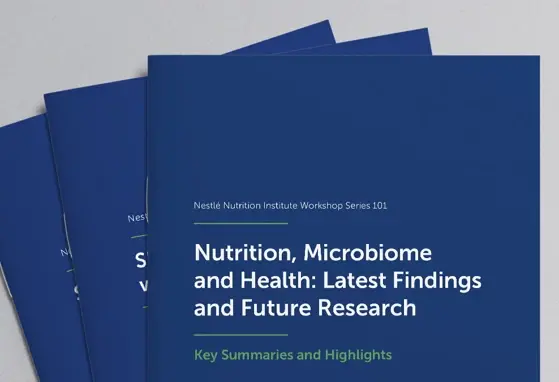Role of 2′-fucosylated Human Milk Oligosaccharides in the Reduction of respiratory Infections in Babies
At the 52nd Annual Meeting of the European Society for Paediatric Gastroenterology, Hepatology and Nutrition (ESPGHAN) held in Glasgow, Scotland in June 2019, Binia and colleagues from the Nestlé Research Center, Switzerland, and researchers from the International Centre for Diarrhoeal Disease Research, Bangladesh, presented the results of their community-based longitudinal cohort study. The findings of this study suggested that 2′-fucosylated human milk oligosaccharides (HMOs) present in human milk play a role in the protection of infants from acute respiratory infections.
HMOs may promote the protective properties of breast milk against infections. 2′-fucosylated HMOs are the most abundant HMOs, and their secretion in human milk depends on the mothers’ secretor status. The presence of a functional FUT2 gene results in the secretion of α1,2-fucosylated HMOs, such as 2′-fucosyllactose (2′-FL), in milk of secretor mothers, which is missing in non-secretor mothers.
Binia and colleagues investigated the association of secretor status with respiratory illnesses in a cohort of babies from birth to 2 years of age. Using genetic analysis, secretor status was determined in 221 mothers and 219 infants. During the study, a total of 606 cases of acute respiratory infections (ARIs) were recorded. Nasopharyngeal samples were collected from babies to culture the respiratory pathogens at every 2 months.
The findings of the study reported that mothers’ secretor status was associated with a decrease in the incidence of ARIs in breastfed babies aged 0 to 6 months. In the same age group, babies of secretor mothers displayed a trend towards a decreased risk of colonisation with Haemophilus influenzae (H. influenzae). Additionally, colonisation with H. influenzae in the respiratory tract also displayed a trend towards a greater incidence of respiratory infections.
Binia and colleagues concluded that fucosylated HMOs in milk from secretor mothers play a role in protecting babies from respiratory infections during the period of predominant breastfeeding.
If you liked this post you may also like


The infant gut virome: Knowns, unknowns, and avenues for future studies

Environment and microbiota intersection with human health
